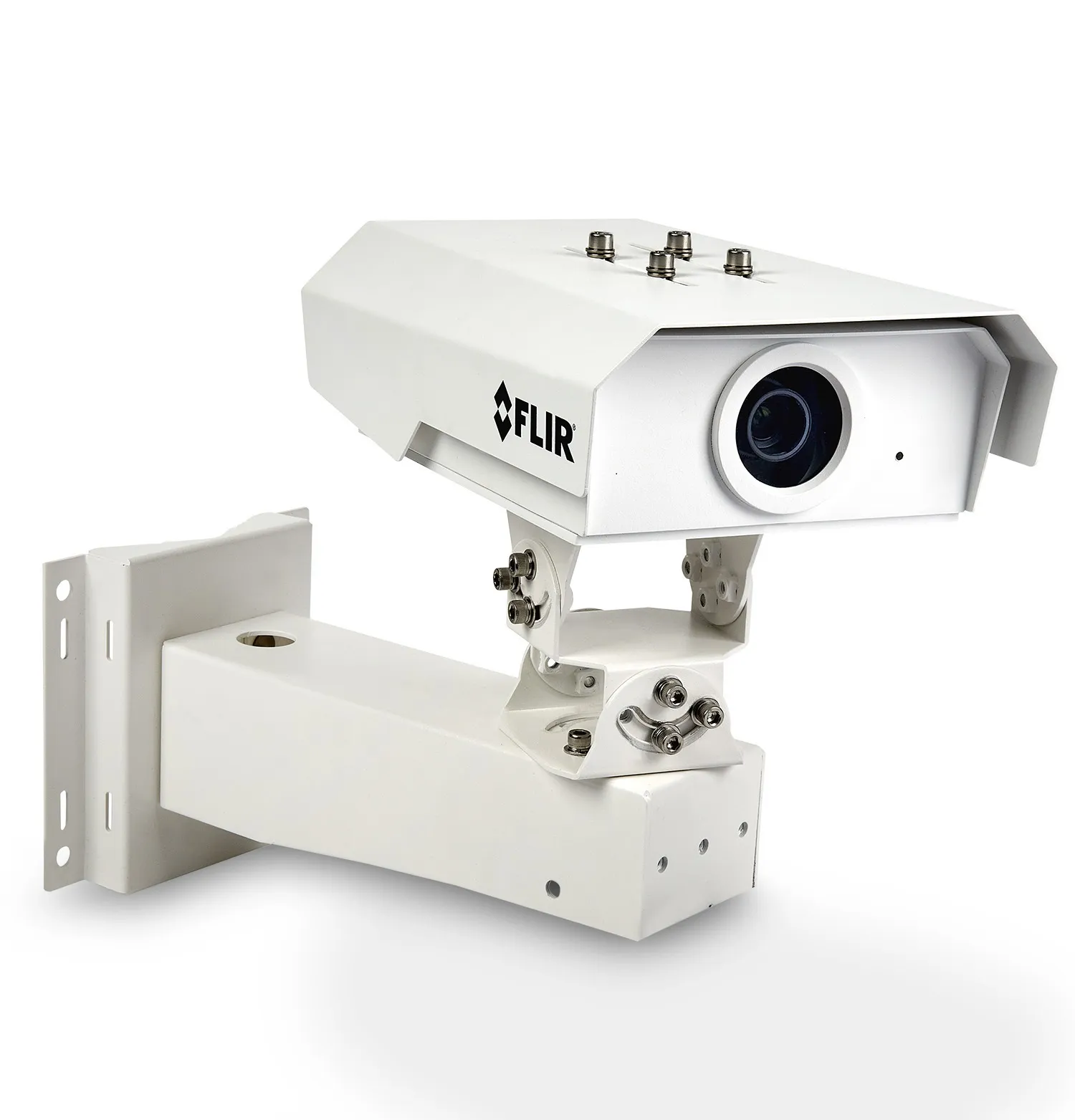Following extensive testing, Queensland Police Service (QPS) in Australia has opted to buy Vitronic Lidar-based PoliScan mobile laser speed enforcement systems to modernise its current mobile fleet of wet-film radar systems. The PoliScan systems will be installed in QPS vehicles, with integration into QPS’ existing PoliScan connect case processing software.
PoliScan systems for speed and red light enforcement utilise Lidar (light detection and ranging) to detect violations. A scanning laser records the
March 20, 2014
Read time: 2 mins
Following extensive testing, Queensland Police Service (QPS) in Australia has opted to buy 147 Vitronic Lidar-based PoliScan mobile laser speed enforcement systems to modernise its current mobile fleet of wet-film radar systems. The PoliScan systems will be installed in QPS vehicles, with integration into QPS’ existing PoliScan connect case processing software.
PoliScan systems for speed and red light enforcement utilise Lidar (light detection and ranging) to detect violations. A scanning laser records the speed and position of all vehicles within the measurement area and is able to detect multiple incidents on several lanes at the same time, even those committed by tailgating or lane-changing vehicles.
Inspector Allan Hales of QPS said “This is a significant time for Queensland Police to introduce automated laser enforcement into its mobile speed camera programme and provides a capability to deploy speed cameras in a more diverse range of road environments, including road work zones for which enforcement has been constrained technically to date”.
PoliScan systems for speed and red light enforcement utilise Lidar (light detection and ranging) to detect violations. A scanning laser records the speed and position of all vehicles within the measurement area and is able to detect multiple incidents on several lanes at the same time, even those committed by tailgating or lane-changing vehicles.
Inspector Allan Hales of QPS said “This is a significant time for Queensland Police to introduce automated laser enforcement into its mobile speed camera programme and provides a capability to deploy speed cameras in a more diverse range of road environments, including road work zones for which enforcement has been constrained technically to date”.









